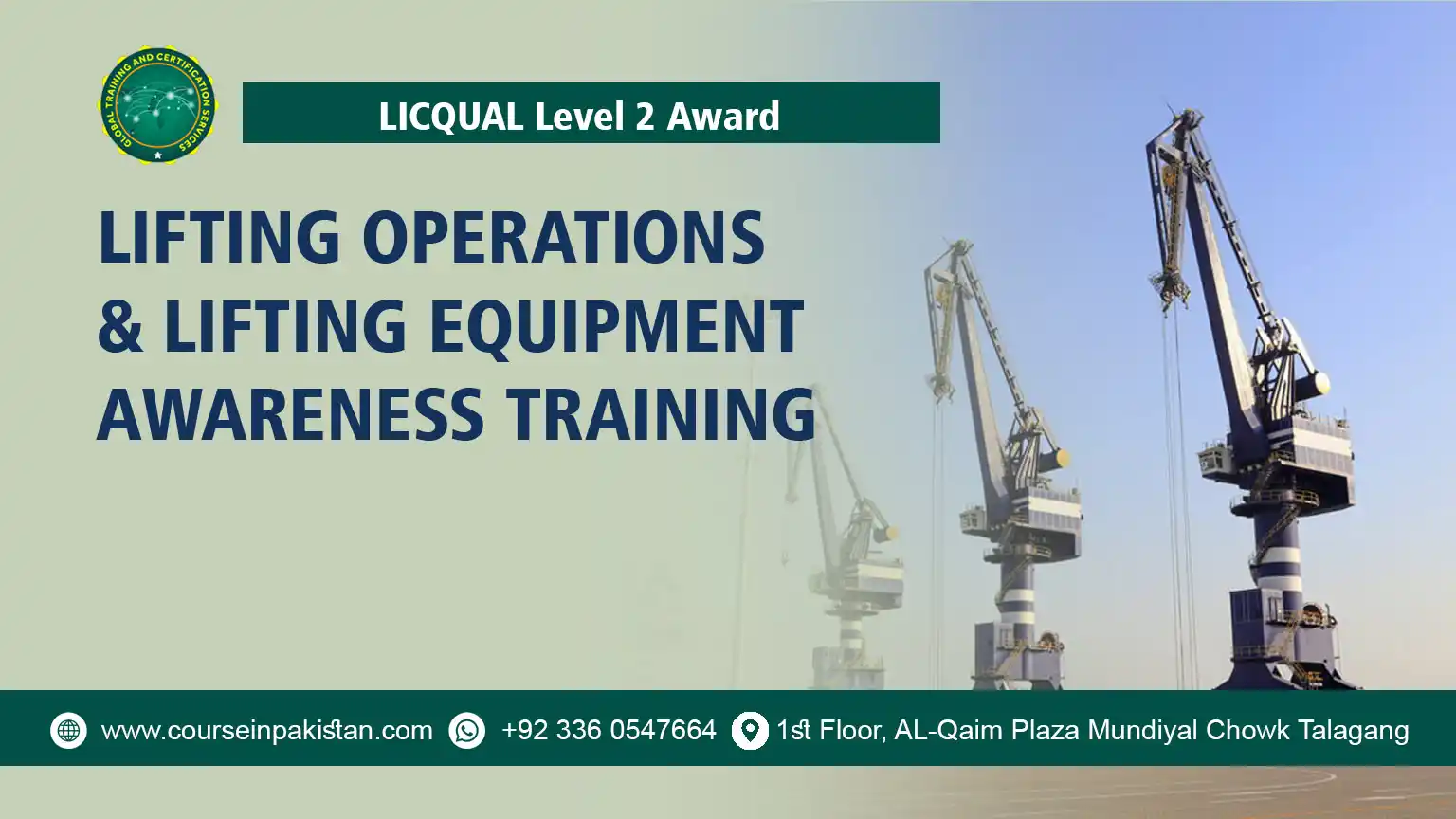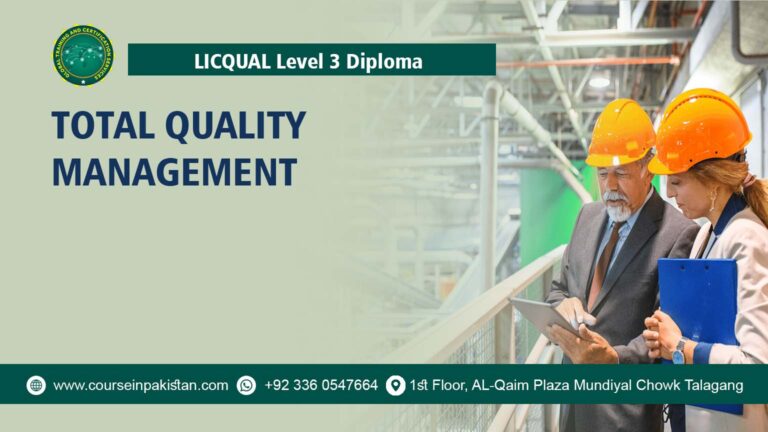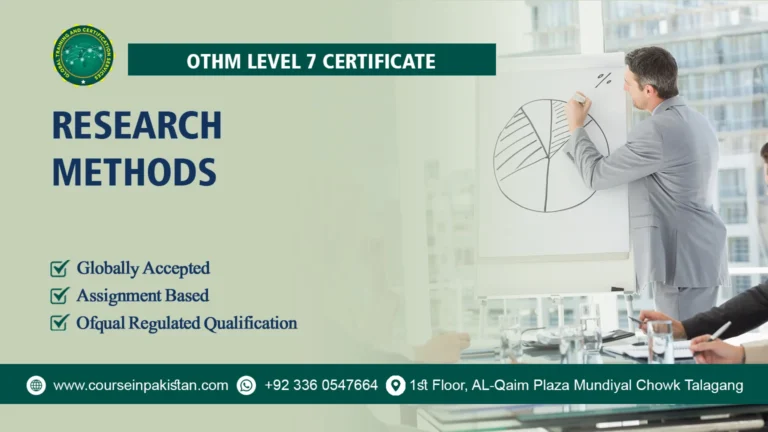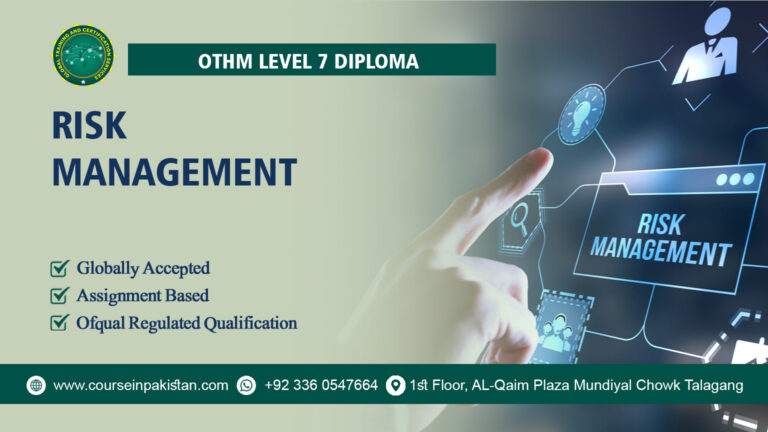
LICQual Level 2 Award in Lifting Operations & Lifting Equipment (LOLER) Awareness Training
The Level 2 Award in Lifting Operations & Lifting Equipment (LOLER) Awareness Training is a specialized course designed to provide comprehensive knowledge and skills in the safe operation and management of lifting equipment. This training program focuses on complying with the Lifting Operations and Lifting Equipment Regulations (LOLER) in the United Kingdom, ensuring participants are equipped to perform lifting operations safely and efficiently.
Course Overview
Participants will undergo in-depth training covering essential aspects of lifting operations and equipment management as per LOLER regulations. The course includes practical demonstrations, case studies, and interactive sessions to enhance understanding and application of LOLER requirements. Participants will learn about equipment inspection, maintenance practices, risk assessment, and legal responsibilities associated with lifting operations.
Course Benefits
- Compliance Assurance: Gain a thorough understanding of LOLER regulations and ensure compliance with legal requirements in lifting operations.
- Enhanced Safety: Learn best practices in the safe operation, maintenance, and management of lifting equipment to mitigate risks and prevent accidents.
- Professional Development: Earn a recognized qualification that enhances credibility and career opportunities in roles requiring LOLER compliance and lifting equipment management.
Course Study Units
The Level 2 Award in LOLER Awareness Training typically includes study units such as:
- Introduction to LOLER Regulations and Legal Requirements
- Types of Lifting Equipment and Their Applications
- Safe Lifting Techniques and Load Assessments
- Hazards and Risk Management in Lifting Operations
- Equipment Maintenance and Inspection Procedures
- Implementing LOLER Guidelines in the Workplace
Learning Outcomes
Introduction to LOLER Regulations and Legal Requirements
Learning Outcomes:
- Understand the purpose and scope of LOLER regulations in the context of lifting operations.
- Identify key legal responsibilities and duties imposed by LOLER on employers, duty holders, and users of lifting equipment.
- Interpret LOLER regulations to ensure compliance and promote safety in lifting activities.
Types of Lifting Equipment and Their Applications
Learning Outcomes:
- Recognize various types of lifting equipment covered under LOLER regulations, such as cranes, hoists, and forklifts.
- Understand the specific applications and operational capabilities of each type of lifting equipment.
- Select appropriate lifting equipment based on operational requirements and safety considerations.
Safe Lifting Techniques and Load Assessments
Learning Outcomes:
- Demonstrate proficiency in safe lifting practices and techniques compliant with LOLER guidelines.
- Perform accurate load assessments and calculations to determine load weights and distribution.
- Apply ergonomic principles to minimize risks associated with lifting operations and ensure operator safety.
Hazards and Risk Management in Lifting Operations
Learning Outcomes:
- Identify common hazards and risks associated with lifting operations, such as overloading, instability, and environmental factors.
- Conduct comprehensive risk assessments to evaluate potential hazards and implement control measures.
- Implement risk management strategies to mitigate identified risks and promote a safe working environment.
Equipment Maintenance and Inspection Procedures
Learning Outcomes:
- Implement effective equipment maintenance programs to ensure the continued safety and reliability of lifting equipment.
- Conduct thorough inspections of lifting equipment according to LOLER requirements and manufacturer guidelines.
- Identify and rectify equipment defects and issues promptly to prevent operational disruptions and accidents.
Implementing LOLER Guidelines in the Workplace
Learning Outcomes:
- Develop and implement LOLER-compliant policies, procedures, and practices within the workplace.
- Foster a culture of safety and compliance among personnel involved in lifting operations.
- Communicate LOLER guidelines effectively to stakeholders to ensure understanding and adherence.
These learning outcomes equip participants with essential knowledge and skills to ensure safe and compliant lifting operations in accordance with LOLER regulations. By mastering these study units, participants are prepared to contribute to workplace safety, comply with legal requirements, and promote efficient and effective lifting practices. This training is essential for professionals involved in lifting operations, safety management, and regulatory compliance across various industries.
Who is This Course For?
The Level 2 Award in LOLER Awareness Training is suitable for:
- Lifting operation managers, supervisors, and team leaders responsible for overseeing lifting activities.
- Safety officers and compliance managers ensuring adherence to LOLER regulations within organizations.
- Engineers and technicians involved in the inspection, maintenance, and operation of lifting equipment.
Future Progression for This Course
Successful completion of the Level 2 Award in LOLER Awareness Training opens doors to advanced certifications and career progression opportunities within the field of lifting operations and equipment management. Graduates may pursue specialized training in advanced lifting techniques, safety management systems, or become qualified LOLER inspectors. Additionally, this qualification serves as a foundation for individuals aspiring to lead lifting operation teams, consult on safety practices, or advance into managerial roles focused on compliance and operational excellence.
Level 2 Award in LOLER Awareness Training equips participants with vital skills and knowledge to ensure safe and compliant lifting operations as mandated by LOLER regulations. By mastering LOLER requirements and best practices in lifting equipment management, professionals play a pivotal role in enhancing workplace safety, reducing risks, and promoting efficiency across industries reliant on lifting operations.






